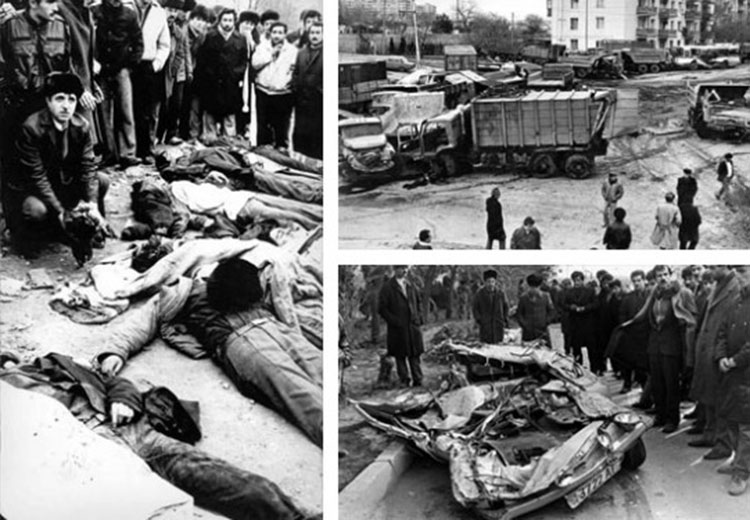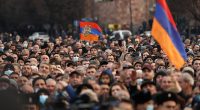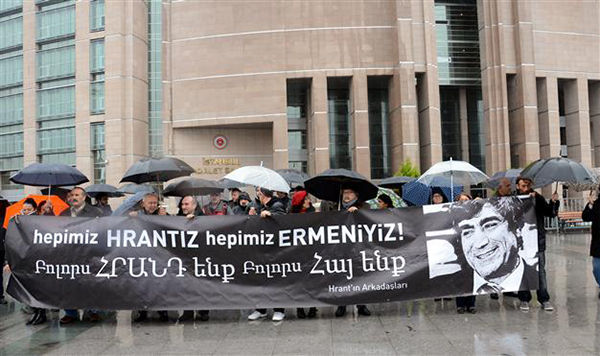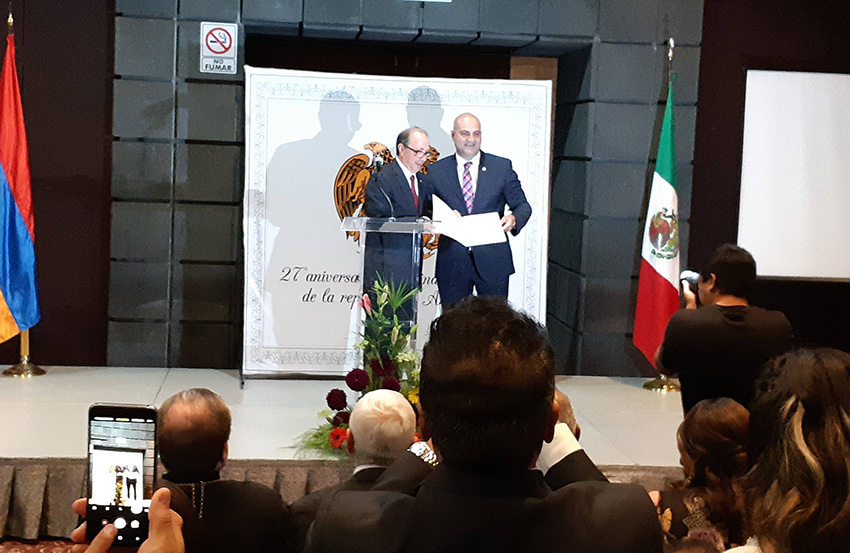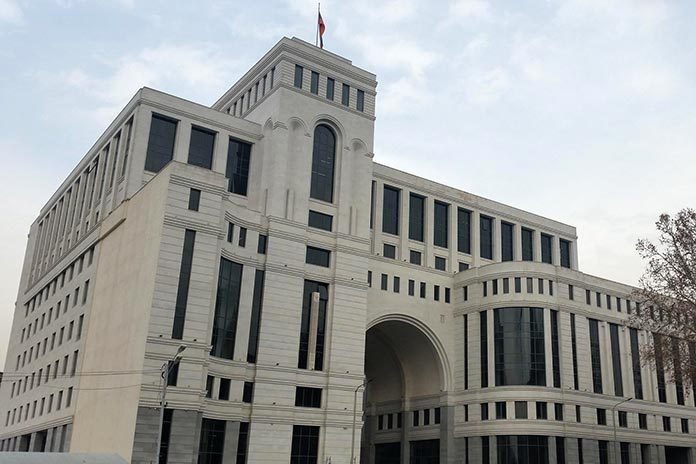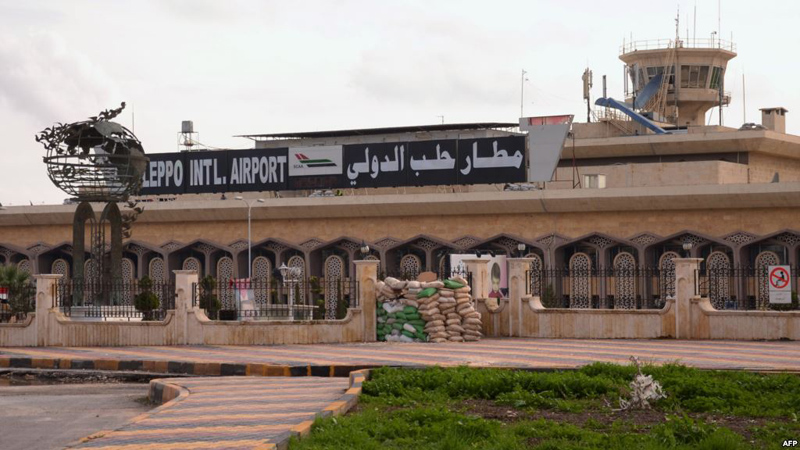YEREVAN — The Armenian Foreign Ministry has issued a statement in connection with the 33rd anniversary of the Armenian pogroms in Sumgait, Azerbaijan that reads as follows:
‘Thirty-three years ago, on February 27-29, 1988, pre-planned massacres of Armenians were carried out in the city of Sumgait (Azerbaijan) amid the encouragement of the Azerbaijani authorities and the permissiveness of the law enforcement bodies. Hundreds of Armenians were killed, including women, children and elderly, and thousands of Armenians were forcibly displaced.
Sumgait massacre was a response to the aspiration of the people of Artsakh to assert their inalienable right to a dignified and safe life in their historical homeland and to exercise their right to self-determination. Azerbaijan opposed the attempts of exercising human rights with the policy of collective punishment, subjecting the Armenian population of the Sumgait town to severe violence and torture.
The atrocities of Sumgait instigated the ethnic cleansing and massacres of Armenians in other cities of Azerbaijan, such as Baku and Gandzak. Moreover, the unequivocal justification of such crime, the glorification of the murderers for killing Armenians were reflected in the efforts of the Azerbaijani authorities to resolve the Nagorno-Karabakh conflict with the use of force.
Last year, on September 27 the full-fledged war unleashed by Azerbaijan against Artsakh and its people was accompanied by similar war crimes against the Armenian identity, with one difference – the murders of the civilians were not carried out by controlled mobs, but by servicemen of the Azerbaijani armed forces and the relevant videos were uploaded on the Internet.
During the 44-day war, the Azerbaijani armed forces, driven by a sense of impunity, committed numerous violations of international humanitarian and human rights law, which are manifestations of mass atrocities, including ethnic cleansing and war crimes. While adhering to the behavior of terrorist groups, the Azerbaijani armed forces committed violations against prisoners of war, civilians, barbarically destroyed historical-cultural monuments and desecrated sanctuaries. The executions of the Armenian prisoners of war and civilians in the Hadrut region of Artsakh and other settlements fallen under the military control of Azerbaijan are the results of the past uncondemned crimes.
Today, by paying tribute to the innocent victims of the Armenian massacres in Sumgait, we once again emphasize the determination of the Republic of Armenia, Republic of Artsakh and all Armenians to live a free, independent and dignified life in their homeland.’
The Sumgait pogrom targeted the Armenian population of the seaside town of Sumgait in Soviet Azerbaijan in late February 1988. It occurred in the early stages of the Karabakh Movement. On February 27, 1988, mobs of ethnic Azerbaijanis formed into groups and attacked and killed Armenians on the streets and in their apartments; widespread looting and a general lack of concern from police officers allowed the violence to continue for three days.-

